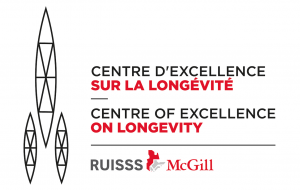
[vc_row][vc_column width=”1/4″][vc_column_text]Partners
- Caregiver Crosswalk Inc.
- Cummings Centre, Montreal
- Evasion alternative day centre, Montreal
- Program to Support Autonomy in Seniors (SAPA), CIUSSS West-Central Montreal, QC
[/vc_column_text][/vc_column][vc_column width=”3/4″][vc_column_text]Context
Alzheimer’s disease (AD) affects both patients and their spouses who act as their caregivers. Caring for a person who suffers from AD is both demanding and stressful, which affects the overall state of health of caregivers, especially when those caregivers are themselves elderly and when the cumulative effects of age-related chronic conditions and those related to psychological decline are taken into consideration. Moreover, these caregivers tend to focus their attention and efforts on the spouse who is affected by
Alzheimer’s disease and, consequently, neglect their own health. All this contributes to a vicious circle that leads to a diminished quality of life and increased vulnerability for both partners in the relationship – the caregiver and the patient. As such, intervention focused on maintaining and/or improving the state of health and the ability of spouses who act as caregivers to Alzheimer’s patients are a priority, in order to maintain the independence and quality of life of both partners for as long as possible. It has been reported that seniors are capable of evaluating their own state of health via a self-administered questionnaire and that they can use it in a format that is accessible via a web platform, opening new possibilities in terms of managing treatment in the home.
Objectives
> To provide Alzheimer’s patients who live in the community with the option of assessing their state of health with the help of their loved ones or professionals.
> To provide caregivers of Alzheimer’s patients with the option of assessing their own state of health, to understand their major personal vulnerabilities and to observe and benefit for themselves from advice and recommendations for treatment when necessary.
Actions
- To update the recommendations contained in the self-administered state of health questionnaire
- To implement partnerships with community bodies and services for Alzheimer’s patients and their caregivers
- To work with partners to implement pilot projects
[/vc_column_text][/vc_column][/vc_row]



